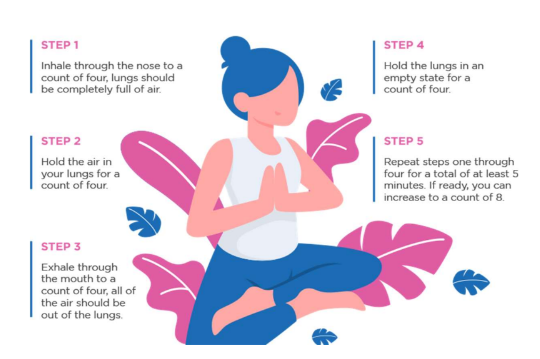Stress is a natural response to pressure or threat: it is the fight or flight response that prepares the body to flee danger. Think of the situations that cause you stress day-to-day: an unexpected phone call, an upcoming presentation, maybe even worries about the future.
Any day-to-day occurrence that puts the body and/or mind in to stress response can cause the same physical sensations as the primal fight or flight response.
Stress looks different for everyone, so it is really important to understand what stress looks and feels like for you.
Physical symptoms like headaches, knots in the stomach, increased heart rate or changes in energy levels can indicate stress.
Stress is completely normal and can even be healthy in some circumstances. However, consistent stress over long periods of time makes the stress response harder to cope with.
If it is not confronted, stress can have a significant impact on our mental health.
Stress and worry can become a habit and it can be increasingly difficult to break the cycle.
It can also affect the way we view ourselves, and has a profound influence over our physical wellbeing.
It can cause sleep disturbance, poor eating habits and other physical implications.
Importantly, remember that stress is a normal and natural response.
We all get stressed from time to time. When stress gets overwhelming or very frequent is when issues can arise.
It is therefore important to be kind to yourself and to know how to get your stress under control before it gets overwhelming.
Try to get familiar with your stress.
Next time you feel stressed, try noticing how it feels, how your thoughts and actions change, and consider the cause of your stress.
You could also try a breathing exercise:


